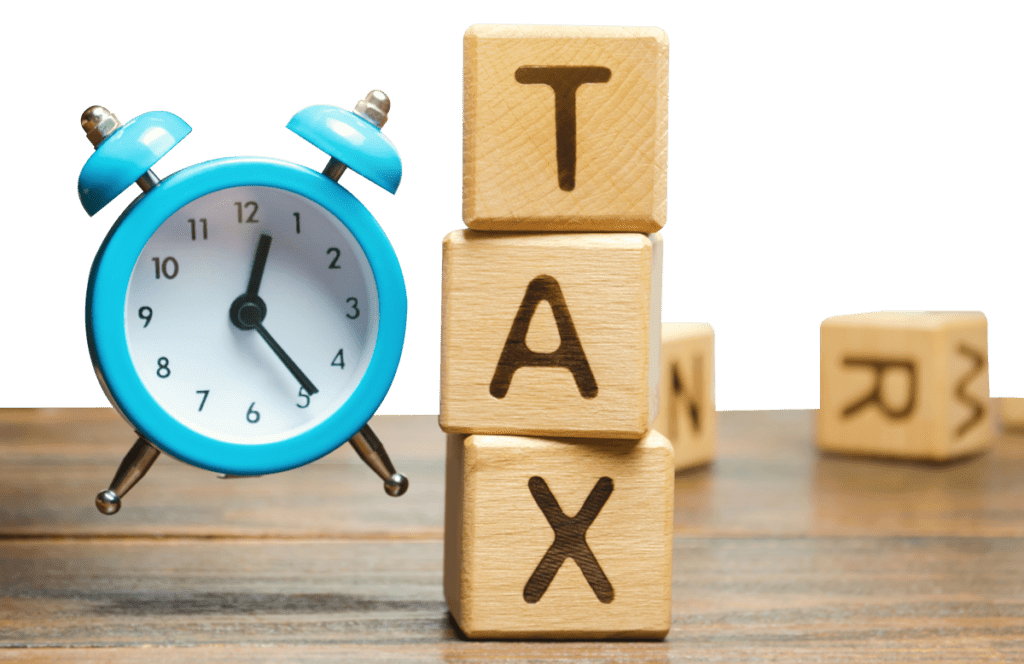
Premia TNC is a professional and experienced company that handles taxes for Singapore businesses. Our mission is to provide our clients with one-stop tax services
Corporate Income Tax
What you need to know about complying with your company’s Corporate Income Tax filing obligations
- Deadline for filing for a particular year is 30 Nov of the same year
- Compulsory for all companies to carry out filing electronically
- Deadline for filing of Estimated Chargeable Income (ECI) is within 3 months from end of the company’s financial year-end
- Your company does not have to file the ECI if they meet certain criteria*
- Avoid common mistakes like wrongful claims of non-deductible expenses, among others
*Annual revenue is not more than S$5 million for the financial year; and ECI is NIL for the YA.
While most companies want to comply with their tax obligations, some errors are occasionally made due to a lack of care or awareness. Professionals specialising in Singapore taxation services can help your company to avoid such errors that may lead to penalties and enforcement action such as summonses and compositions.
Our Services
- Reminder and filing of Estimated Chargeable Income
- Preparation of Tax Computation including income tax schedules and Filing of Income Tax Return (Form C/C-S/C-S (Lite))
- Liaising with Income Tax Authority on all profits tax assessment, objections and correspondence
Personal Income Tax
Generally, an individual will be required to submit an Income Tax Return if in the preceding calendar year:- Total income is more than $22,000; or
- Self-employed income has a net profit more than $6,000; or
- Individual is a non-resident who derived income from Singapore
- With the availability of potential tax savings, government incentives and complex tax implications, it is wise to consult tax experts to advise you on the best way to declare your income and enjoy the maximum tax savings you are entitled to.
Did you Know?
You must file an Income Tax Return if you have received a letter, form or an SMS from IRAS informing you to do so, regardless of how much you earned in the previous year or whether your employer is participating in the Auto-Inclusion Scheme (AIS) for Employment Income.
Non-resident individuals
Non-residents who derived income from Singapore in the preceding year are required to file an Income Tax Return, regardless of how much you earned in the previous year.No-Filing Service (NFS)
If you receive a letter or SMS informing you that you have been selected for NFS, you are not required to file an Income Tax Return. Your Notice of Assessment or tax bill (digital or paper format) will be sent to you from end Apr onwards. Your tax bill is computed based on your auto-included income and previous year’s relief claims, which may be adjusted if you do not meet the eligibility criteria.Our Personal Income Tax Services
- Preparation of individual income tax computation and filing of tax return, including form IR21 for foreign employees resigning or leaving Singapore
- Liaising with Income Tax Authority on income tax assessment, objections and correspondence
Goods and Services Tax (GST)
For GST-registered companies, GST returns and payments are due one month after the end of each accounting period covered by the respective GST return, unless your company has been granted special GST accounting periods.
Consequences for late or non-filing of GST returns include penalties and summonses.
If your company is non-GST registered, you might not realise when it becomes liable for GST registration and risk being late for this registration. Any payment of backdated tax has to be absorbed by your company unless you can recover GST on past sales from your customers.
Premia TNC helps your company to monitor such issues, as well as stay abreast of any new regulations so you don’t have to.
Our GST Services
- Reminder and monitoring of annual revenue that is close to $1 million
- GST registration/deregistration
- Preparation of GST report and submission of GST return
- Reviewing and reconciliation of GST submitted for company management account
Frequently Asked Questions
Taxation Services
1. What are the personal tax rates in Singapore?
As of 2020, personal tax rates for residents in Singapore start at 0% and are capped at 22%. For non-residents, there is a flat rate of 15%-22%.
2. How do I get started with a Singapore Taxation Service?
Here at Premia TNC, we handle your accounting/ audits, as well as provide local registered office address and mail receiving services. This means that we keep you informed of any letters we receive to minimise the risk of missing out on important mail.
Contact us today to inquire about how our taxation services in Singapore can assist you.















